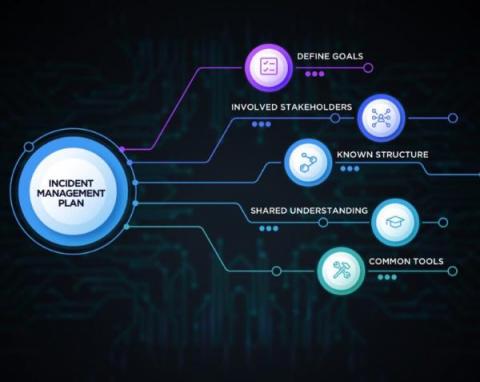Create Better UX with Incident Response and Service Intelligence
Incidents that impact user experience are some of the most common challenges that IT, security, and operations teams must face. Users have high expectations for application uptime, and organizations are responsible for ensuring applications are available for them. From application performance to user interface design, many factors can affect a customer’s experience—and resulting confidence—in your product’s capabilities.






